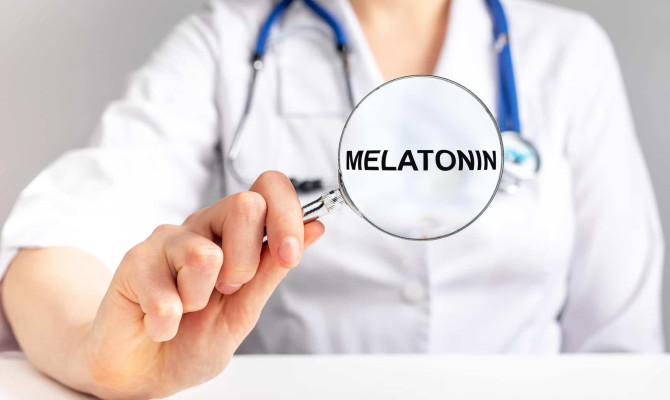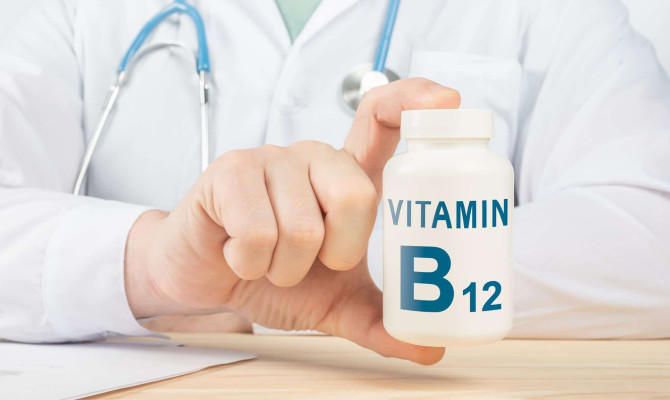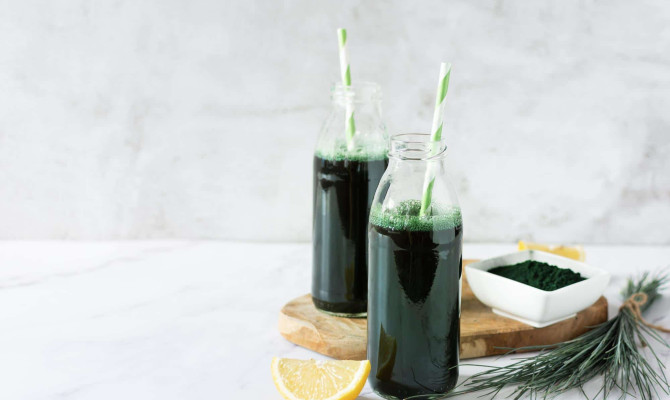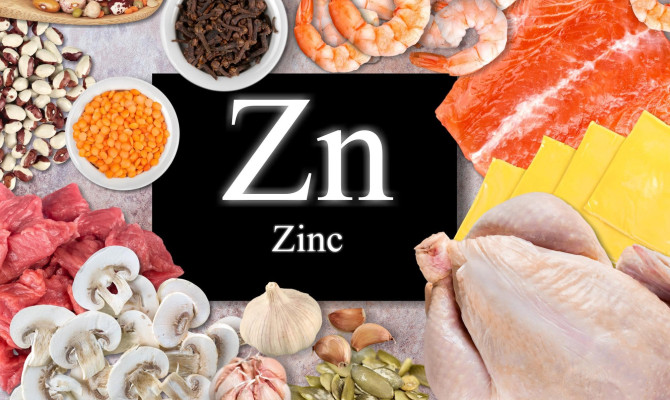Iron and its health benefits

- Iron
- 22 Aug 2023
Overview
What is iron?
Iron is an essential mineral. It is necessary for our body for proper hemoglobin functioning and other life processes.
Hemoglobin is the protein in the RBCs (red blood cells) and carries oxygen from the lungs to other body parts.
Iron is naturally present in various plant and animal foods. Iron scarcity in our bodies can lead to severe illness1Overview | Researched based study from Sciencedirect.com
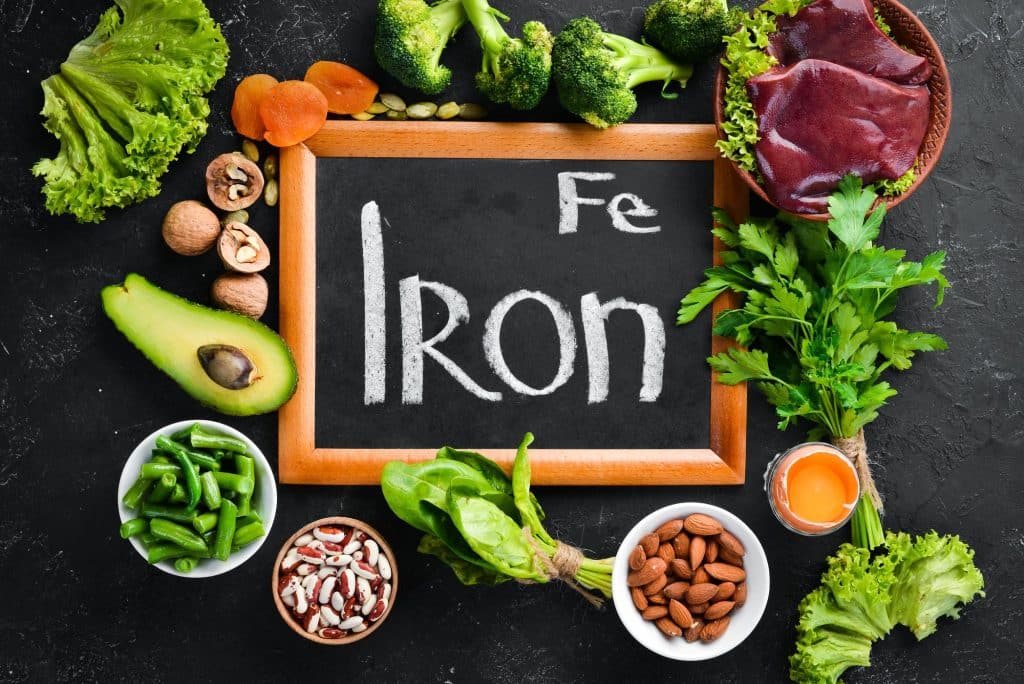
Facts about iron
- Iron is essential for a healthy pregnancy.
- The recommended dietary intake of iron is different for different age groups.
- Iron is available as iron supplements or as multivitamin-mineral
- Accidental overdose of iron consumption in children causes severe poisoning, which is fatal2Overview | Researched based study from Nih.gov
Sources
Sources of iron
Plant sources
- White beans
- Spinach
- Chickpeas
- Tomatoes
- Potato
- Cashew nuts
- Lentils
- Tofu (soymilk)
- Soybeans
- Fortified Cereal oats
- Apricots
Animal sources
- Canned clams
- Sardines
- Oysters
- Beef liver
- Dark chocolates
- Organ meat
- Eggs3Sources| Researched based study from Sciencedirect.com
Some food that increases iron absorption
- Vitamin c containing food such as lemon, orange, and tomato increases iron absorption from plant sources.
- Animal food, viz; fish, poultry, and meat, increase iron absorption from plant sources.
Certain foods that decrease iron absorption
- Green or black Tea
- Coffee
- Bread
- Cereals
Dosage
Dosage of iron
The recommended daily intake of iron for different age groups is as follows
Infant
- 0 to six months-0.27 mg (milligrams)
- Seven months to 1 year- 11 mg
Children
- 1 to 3 years- 7 mg
- 4 to 8 years- 10 mg
- 9 to 13 years- 8mg
Adolescent
- 14 -18 years (boys) – 11mg
- 14-18 years (girls) -15 mg
Adults
- 19 to 50 years (male) -8 mg
- 19 to 50 years (female) – 18 mg
- 51 years and above- 8 mg
Pregnant woman
- 14 -18 years- 27 mg
- 19-50 years- 27 mg
Nursing mothers
- 14-18 years- 10 mg
- 19-50 years- 9 mg 2Dosage | Researched based study from Nih.gov
Benefits
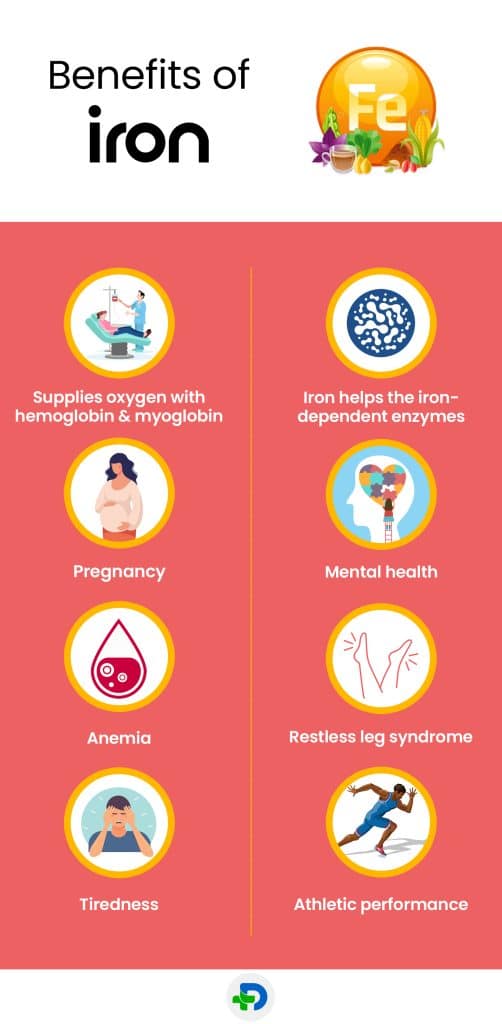
Benefits of iron
Supplies oxygen with hemoglobin and myoglobin
- Iron is harmful to the body in its free form. Around 70 % of iron in the body is present in myoglobin and hemoglobin.
- Iron atoms within the hemoglobin molecule combine with oxygen in the lungs forming oxyhemoglobin that is later released to the target cells.
- Iron binds to myoglobin (an oxygen storage protein) and supplies oxygen to the muscles.
Iron helps the iron-dependent enzymes
- Iron plays an essential role in the oxidative phosphorylation process. Oxidative phosphorylation is a process that converts food into energy.
- The cytochrome enzymes (protein) involved in the process bind heme iron (found in blood and muscles) which is necessary for their proper functioning 4Benefits | Researched based study from Nlm.nih.gov
Pregnancy
- Iron intake during pregnancy prevents premature birth.
- It the risk of low birth weight
- It the risk of infection during pregnancy5Benefits | Researched based study from Nlm.nih.gov
Anemia
- Iron supplements increases the iron level in our body
- It prevents one from iron deficiency anemia ( a disease in which blood lacks healthy red blood cells) 6Benefits | Researched based study from Nlm.nih.gov
Tiredness
- A sufficient iron in diet reduces tiredness during the menstruation period
- Reduces fatigue in individuals with decreased ferritin level7Benefits | Researched based study from Nlm.nih.gov
Mental health
- Iron Improves concentration and the mental ability 8Benefits | Researched based study from Nlm.nih.gov
Restless leg syndrome
- Restless leg syndrome is a condition of uncontrollable urge for leg movement.
- Iron supplementation improves the restlessness associated with restless leg syndrome 10Benefits | Researched based study from Nlm.nih.gov
Athletic performance
- It improves exercise performance
- It enhances the body’s immunity 9Benefits | Researched based study from Nlm.nih.gov
Side effects
Side effects of iron
- Skin rash
- Itching
- Swelling in the lips, tongue, and face
- Metallic taste in the mouth
- Nausea and vomiting
- Abdominal pain
- Constipation ( difficulty in passing stools)
- Dark stool 11Side effects| Researched based study from Nlm.nih.gov
Overdose
Overdose toxicity of iron
- Abdominal pain
- Constipation
- Liver cirrhosis
- Liver cancer
- Heart problem
- Internal bleeding
- Seizure
In severe iron overdose cases
- Organ damage
- Coma (prolonged state of unconsciousness)
- Death 12Overdose | Researched based study from Nlm.nih.gov
Deficiency
Deficiency of iron
Deficiency symptoms of iron
- Extreme tiredness
- Lightheadedness
- Headache
- Pale skin
- Cold hands and feet
- Difficulty in concentrating
- Poor memory
- Fast heartbeat
- Shortness of breath
- Brittle nails
- Hair loss
- Mouth sores
- Tongue sores
- Difficulty in swallowing ( in severe cases) 13Deficiency| Researched based study from Ashpublications.org
Deficiency reasons for iron
- Consuming too little iron in the diet
- Blood loss due to injury
- Prolonged exercise
- Menstruation ( normal monthly shedding of the uterus lining along with blood and mucus)
- Pregnancy (due to increased demand by the fetus)
- Stomach surgeries (due to a decrease in stomach acid secretion needed for iron absorption)
- Weight loss surgery (leads to decreased capacity of iron absorption)
- Crohn’s disease (a disease that causes swelling and irritation of the gastrointestinal tract) 13Deficiency| Researched based study from Ashpublications.org
Risk people prone to develop iron deficiency
- Infants born before 37 weeks of pregnancy
- Children
- Pregnant woman
- Menstruating woman
- Frequent blood donors
- People with Gastric bypass surgery
- People on a vegetarian diet
- People on dialysis treatment(procedure to remove extra fluids and waste substances from the body)
- People with Colitis (pain and swelling of the large intestine)
- People with Cancer (abnormal cell growth in the body)
- People with Heart problems 16Deficiency| Researched based study from Nlm.nih.gov
Interactions
Interactions of iron
Iron is an active element known for its interactions with medicines and other supplements; hence, one should be careful while consuming it.
Interactions with medicines
Tetracycline antibiotic
Taking iron and tetracycline together
- It decreases the absorption capacity of the stomach to absorb tetracycline
- To prevent such interaction, one must consume iron before two hours or after four hours of tetracycline consumption
Quinolone antibiotic
Taking iron and quinolone together
- It decreases the efficiency of the drug
- To prevent such interaction, one must consume iron 2 hours after or 2 hours before consuming quinolone antibiotic.
Chloramphenicol
- Iron helps in the formation of new blood cells while Chloramphenicol reduces the new blood cell production
- Taking chloramphenicol for an extended period decreases the iron effects of forming new blood cells
Levodopa
When iron and levodopa are taken together
- It reduces the body’s ability to absorb levodopa
Levothyroxine
- When iron and levothyroxine are taken together reduces the effect of levothyroxine
Bisphosphonates
- Iron decreases the stomach’s absorption ability for biphosphonates so biphosphonate must be consumed 2 hours before iron consumption
Penicillamine
- Iron decreases the efficiency of the drug penicillamine therefore penicillamine must be consumed 2 hours prior or 2 hours after penicillamine consumption.
Methyldopa
- Iron decreases the effect of the drug methyldopa and the body’s absorption capacity.
- To prevent such interaction, consume iron 2 hours before or after taking methyldopa.
Dolutegravir
- Dolutegravir is medicine for HIV infection
- Iron and dolutegravir, when taken together, reduce the body’s ability to absorb dolutegravir
- So dolutegravir must be consumed 2 hours before iron consumption or 6 hours later iron consumption.
Mycophenolate mofetil
Taking iron and mycophenolate together
- It reduces the efficiency of the drug
- It decreases the body’s absorption capacity to take up the drug so one must consume iron 4 hours before drug consumption or 2 hours later drug consumption
HIV/AIDS medication
Taking iron along with HIV/AIDS medication
- It reduces the effect of the drug by reducing the blood levels of drug
Antacids
Iron and antacids, when taken together
- It reduces the stomach acidity needed for iron absorption 14Interactions| Researched based study from Nlm.nih.gov
Iron interaction with other health supplements
Calcium tablets
Taking calcium and iron together
- Calcium decreases the body’s iron-absorbing capacity
- To avoid such interactions, iron, and calcium supplements must be consumed at different times of the day
Supplement containing magnesium, manganese, copper, and zinc
- Iron supplements decrease the absorption of magnesium, manganese, copper, and zinc in the body 15Interactions| Researched based study from Nlm.nih.gov
Takeaways
Key Takeaways
- Iron is one of the vital minerals to keep our body fit
- Iron supplements help to treat iron deficiency and iron deficiency anemia
- Excess iron consumption can lead to severe consequences
- One should always consume iron under medical supervision to prevent iron overdose and to get the optimal dose with minimal side effects
Any feedback on this article?
 This Articles content was accurate
This Articles content was accurate Very Informative Article
Very Informative Article I have a question or a comment
I have a question or a comment
 This article contains inaccurate content
This article contains inaccurate content This article was not helpful
This article was not helpful I have a question or a comment
I have a question or a comment
We appreciate your helpful feedback!
Checkout our social pages
References
-
Science Direct
Chapter Seven - Iron | Overview
-
National Institutes of Health
Iron-Fact Sheet for Health Professionals | Overview | Dosage
-
Science Direct
Iron Intake | Sources
-
National Library of Medicine
Review on iron and its importance for human health | Benefits
-
National Library of Medicine
Pregnancy and birth: Do all pregnant women need to take iron supplements? | Benefits
-
National Library of Medicine
Individualized treatment for iron deficiency anemia in adults | Benefits
-
National Library of Medicine
Effect of iron supplementation on fatigue in nonanemic menstruating women with low ferritin: a randomized controlled trial | Benefits
-
National Library of Medicine
Effect of Oral Iron Supplementation on Cognitive Function among Children and Adolescents in Low- and Middle-Income Countries: A Systematic Review and Meta-Analysis | Benefits
-
National Library of Medicine
Does Iron Supplementation Improve Performance in Iron-Deficient Nonanemic Athletes? | Benefits
-
National Library of Medicine
Iron for the treatment of restless legs syndrome | Benefits
-
National Library of Medicine
Iron Supplementation | Side effects
-
National Library of Medicine
Iron Toxicity | Overdose
-
ASH Publications
Iron deficiency | Deficiency
-
National Library of Medicine
Iron supplements: a common cause of drug interactions | Interactions
-
National Library of Medicine
Calcium supplementation: effect on iron absorption | Interactions
-
National Library of Medicine
Prevalence and Risk Factors for Iron Deficiency Anemia in the Korean Population: Results of the Fifth Korea National Health and Nutrition Examination Survey | Deficiency












